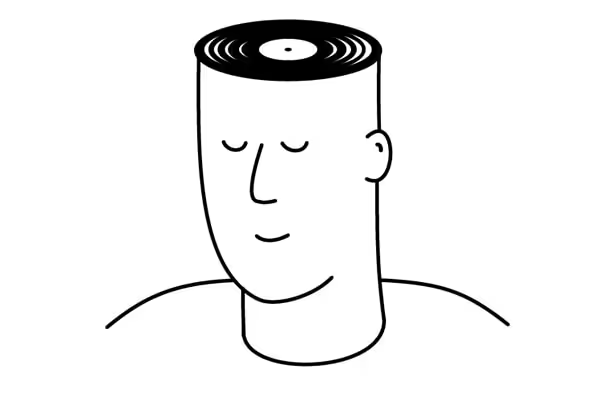How can you trust an expert?
Skin in the game
The problem with intelligence is that smart people doubt all the time, while stupid people (or con artists) are full of confidence because they don’t know they’re dumb. In psychology this is also know as the Dunning-Kruger effect. For most of our decisions in life, we don’t have enough information at our disposal. So we rely on people who are at least able to cast the illusion that they know what they’re talking about.
To be clear: there’s nothing wrong with outsourcing your thinking process when you have to make a decision about which mortgage to take, which house to buy, how to invest, which holiday destination to pick,… We don’t have the time, experience and mental capacity to do all the research ourselves.
But how do you know whom you can trust? An expert could be an overconfident nobody who happens to be great at bluffing? Or you might be dealing with an imposter who has a lot to gain from getting you to choose a specific option. Some people are very good at making us believe they know what they’re talking about. They are masters at designing the perception, from the self-confident posture, to the way they dress to impress, to the glasses that make them look smart. They throw in business lingo to signal sophistication and – this is the best trick in the business – they throw in a ‘why’-explanation. Nothing is more persuasive than explaining what you think with why you think it. Your explanation might be completely nonsensical, but most people will think “I have no idea what he’s talking about, but it sounds reasonable”.
We use self-confidence as a shortcut for competence simply because we don’t have the time to think about every choice we have to make.
So how could you become better at making decisions? Nassim Taleb argues that the best shortcuts for good advice is if someone has got “skin in the game”. Skin in the game has got everything to do with accountability. When you have skin in the game, you can suffer from negative consequences. When you have skin in the game, you have your own money, reputation, time and future at stake if the choices you make or the advice you give don’t pay off.
This is precisely the reason why it’s utterly bonkers that corporate CEO’s make so much money. They don’t have skin in the game. They will benefit a lot when their actions turn out positive, but they won’t suffer if things go wrong. BTW, this is in a nutshell the explanation of the 2008 financial crisis. If you don’t suffer from bad decisions, you will make reckless and stupid decisions. Or decisions that will affect your bonus, and those aren’t necessarily aligned with the longterm goals of the corporation.
My co-founder Astrid and I are entrepreneurs (and married). This means we have all our money, our reputation, and our ability to have a pension, invested in SUE. If we screw up our reputation, we will end in poverty. This results in a huge incentive to work very hard to have satisfied clients. When you have skin in the game, you can’t afford failure.
Come to think of it. This is a useful shortcut for all kinds of decisions. If you need a banker, financial advisor, accountant, coach, or think of every professional service that you can rely on: go for the entrepreneurs. The big organizations might have the brand and the reputation, but often they will throw in their best people to get you as a client, and then they’ll hook you up with the junior staffers.
If you like this topic: Subscribe to the podcast “Naval”. Naval Ravikant is the co-founder of Angelist and the smartest geek on applying mental models to better decision making. The density of his thinking is mind-blowing.




